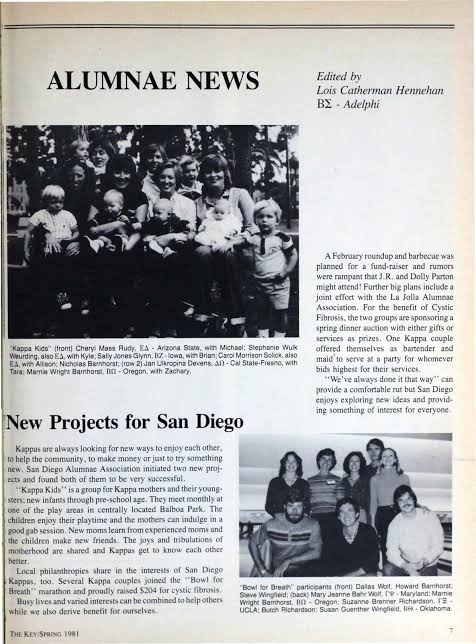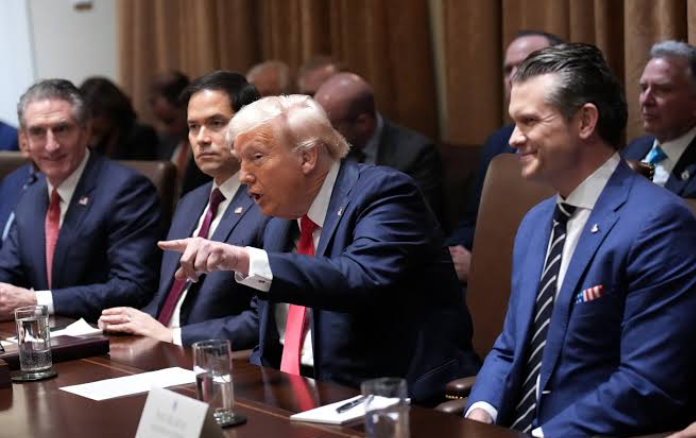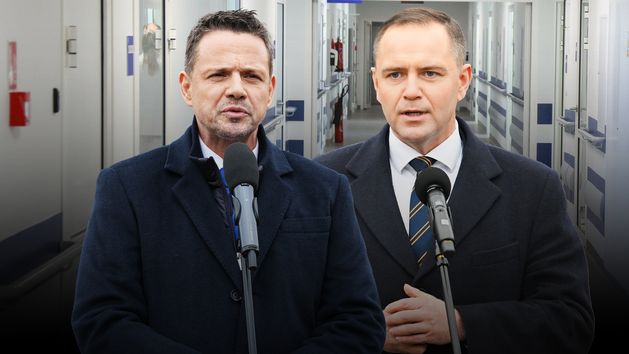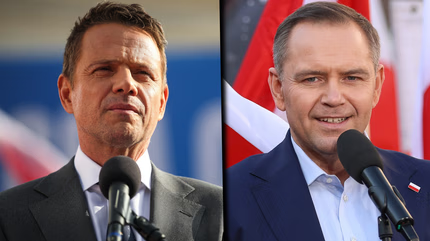Niagara Falls, Ontario Mayor Jim Diodati: ‘We don’t ever want Americans to feel unwelcome here’
Mayor Jim Diodati, the longstanding leader of Niagara Falls, Ontario, has become a familiar name both locally and beyond. As the head of one of Canada’s most visited and internationally recognized cities, his leadership carries weight not only for residents but for the millions of visitors the region welcomes each year. Among the most significant of these visitors are Americans—our neighbors to the south—who represent a vital component of the city’s tourism industry and economic livelihood.
In recent years, especially during and after the COVID-19 pandemic, the relationship between border cities like Niagara Falls and American tourists has faced unique challenges. Border closures, vaccination mandates, and uncertainty about travel left a lasting impression on tourism-dependent communities. In this context, Mayor Diodati has made it abundantly clear: “We don’t ever want Americans to feel unwelcome here.”
A Champion for Cross-Border Friendship
Jim Diodati has served as mayor of Niagara Falls since 2010, and during his time in office, he has consistently prioritized tourism, economic development, and cross-border relationships. His statement about welcoming Americans isn’t just a soundbite—it reflects a broader philosophy of community, hospitality, and economic interdependence that has shaped his leadership.
Niagara Falls, Ontario, shares more than just a border with the United States—it shares a deep-rooted economic and cultural bond. The American side of the falls in New York State is just a short walk or drive across the Rainbow Bridge. Every year, millions of Americans make that journey to enjoy the sights, sounds, and experiences offered by the Canadian side. Diodati understands this dynamic well and works tirelessly to ensure that both sides of the border benefit from a healthy, respectful partnership.
Post-Pandemic Recovery and American Visitors
The COVID-19 pandemic brought about some of the most significant disruptions in cross-border travel in modern history. For nearly two years, Americans and Canadians were often unable to visit each other, and the economic toll on border cities like Niagara Falls was substantial. Businesses struggled, hotels sat empty, and the tourism sector was brought to a near standstill.
Mayor Diodati was vocal throughout the pandemic, calling on federal authorities in Ottawa and Washington to coordinate reopening efforts and provide clear communication about travel guidelines. His message was consistent: cross-border tourism is not just about leisure—it’s a lifeline for the people and businesses of Niagara Falls.
As restrictions eased, Diodati made a point to welcome back American tourists with open arms. He led media campaigns, partnered with local tourism operators, and even appeared in promotional materials to reassure visitors that Niagara Falls was safe, friendly, and eager for their return.
More Than Just Tourism: A Personal Connection
Part of what makes Mayor Diodati’s message resonate is its authenticity. For him, the connection with Americans isn’t just professional—it’s personal. Many residents of Niagara Falls have friends and family across the border. The mayor himself has often spoken about how interconnected the two communities truly are. Birthdays, weddings, holidays, and family gatherings frequently involve travel between Ontario and New York. Diodati recognizes the emotional and cultural bonds that tie the two sides together.
When he says, “We don’t ever want Americans to feel unwelcome here,” it’s as much about preserving those human connections as it is about supporting local businesses. His leadership reflects an understanding that the health of Niagara Falls hinges on kindness, openness, and mutual respect across the border.
Building Bridges—Literally and Figuratively
Beyond his warm rhetoric, Mayor Diodati has backed up his words with tangible actions. He’s worked to streamline the border-crossing experience in partnership with Canadian and American officials. He has also supported infrastructure investments aimed at making the region more accessible and attractive to visitors.
Diodati has also been an advocate for joint initiatives between the American and Canadian sides of Niagara Falls. From coordinated tourism campaigns to shared events like the Winter Festival of Lights or Canada Day celebrations that welcome American guests, he has been proactive in ensuring that both cities grow together rather than apart.
By fostering this spirit of collaboration, Diodati continues to help Niagara Falls remain one of the few truly binational tourist destinations in the world.
Challenges and Political Realities
Of course, maintaining an open and welcoming posture toward American visitors hasn’t always been easy. There are real political and logistical hurdles involved in cross-border relations. Travel restrictions, passport requirements, and differences in health or tax regulations can complicate matters.
Moreover, Canada’s federal policies, particularly during the pandemic, were sometimes viewed as overly cautious or difficult to navigate by American travelers. Diodati found himself in the challenging position of balancing respect for national health directives with the economic needs of his city and the expectations of American visitors. He did so by consistently advocating for clarity, fairness, and bilateral coordination—never resorting to fear-based messaging or partisanship.
His focus remained on the people—on families trying to reunite, on small business owners trying to stay afloat, and on tourists just trying to enjoy a day at the falls. Throughout it all, he never wavered in his core belief that hospitality and connection matter.






